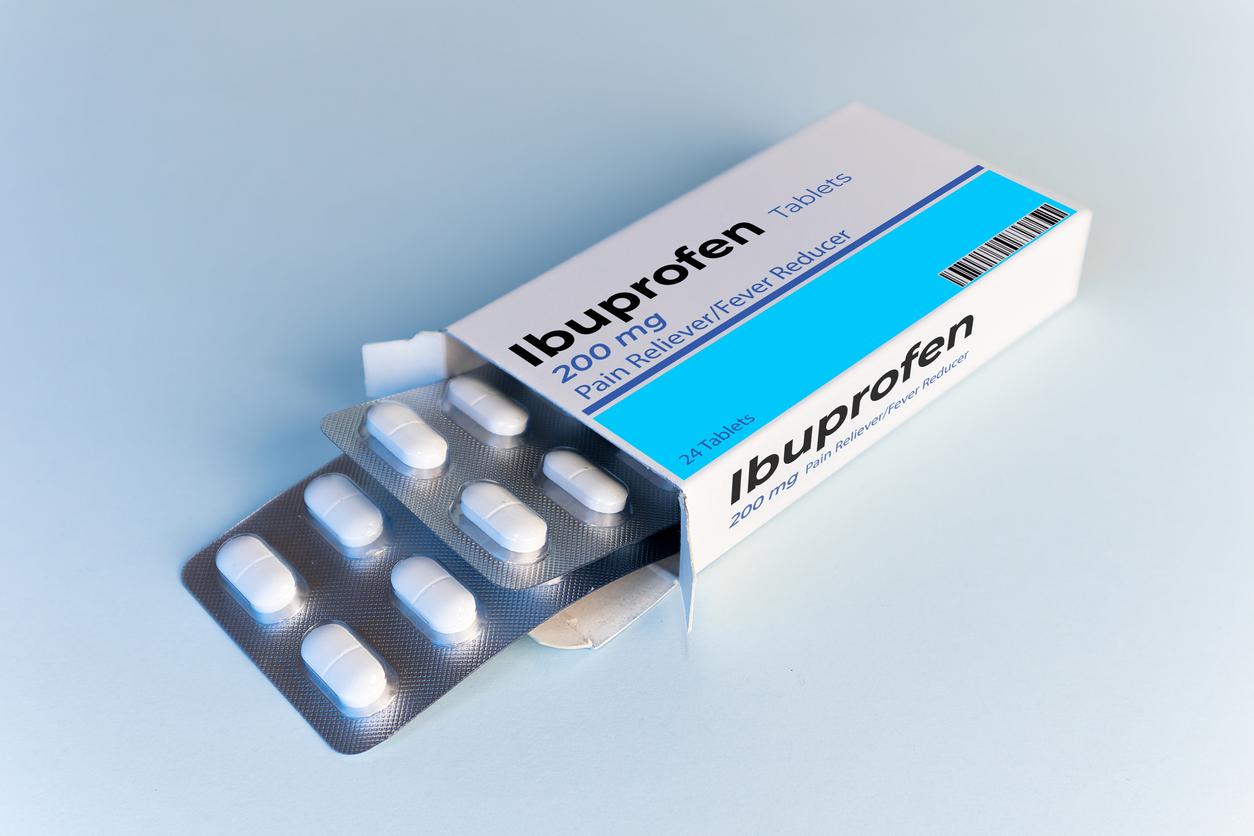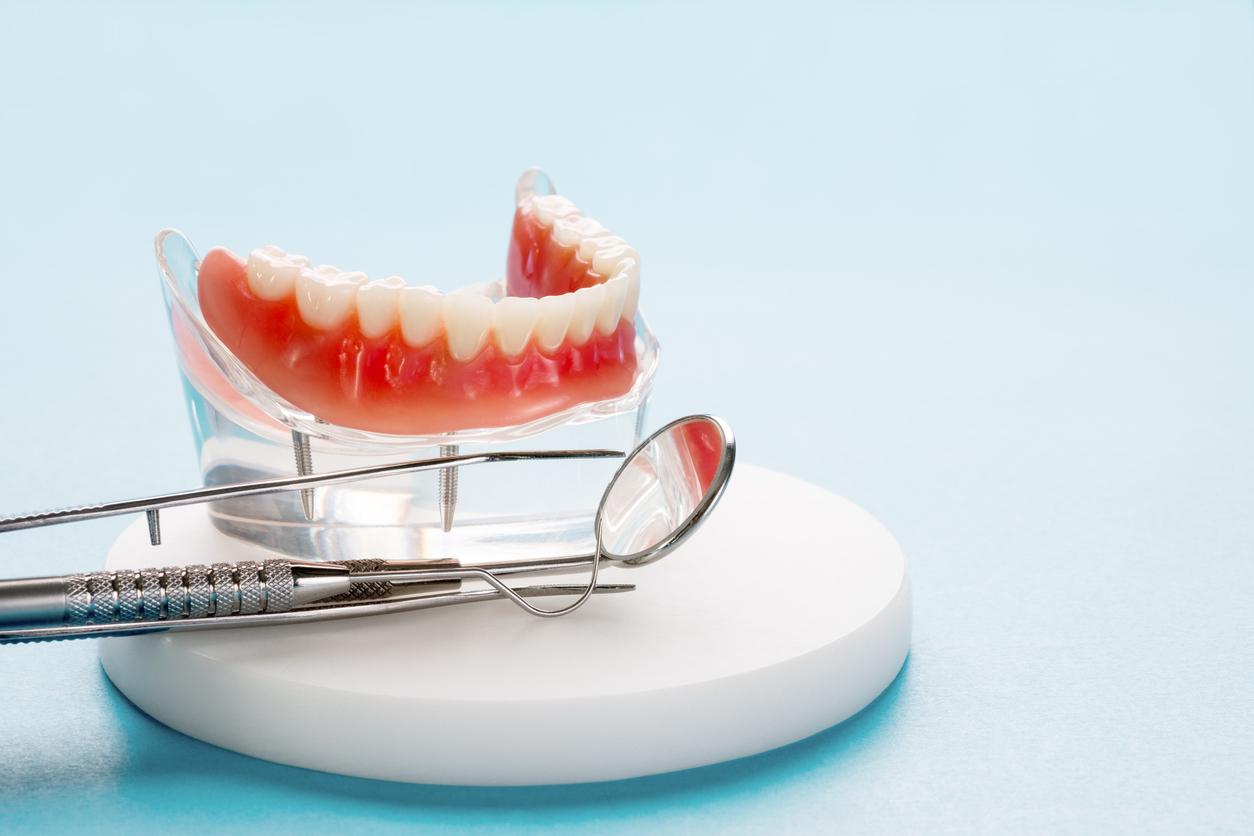Antibiotic medications do not help reduce symptoms of lower respiratory infections, such as acute bronchitis.

- Antibiotics do not improve symptoms in lower respiratory tract infections.
- These include cases of bronchitis or exacerbations of chronic pulmonary or bronchial diseases.
- Generally, symptoms, including cough, improve spontaneously within a fortnight.
Antibiotics are not automatic. The slogan appeared in the 2000s in France, to reduce the consumption of these drugs in France. More than twenty years later, it is still relevant. A research team from Georgetown University, in the United States, demonstrated this in a study published in the Journal of General Internal Medicine. In their work, they note that their use is not relevant in cases of lower respiratory tract infection.
Antibiotics: what is a lower respiratory tract infection?
The term refers to acute bronchitis, acute exacerbations of chronic obstructive pulmonary disease or bronchiectasis, a chronic disease of the bronchi. “Lower respiratory tract infections tend to be more dangerous, with about 3-5% of these patients going on to develop pneumonia, specifies Dan Merenstein, professor of medicine and lead author of the study, in a communicated. But not everyone has easy access to an X-ray during an initial visit, which may explain why clinicians continue to administer antibiotics without any other evidence of bacterial infection..” He also observes that patients tend to hope for antibiotics when they have a cough.
Antibiotics do not improve symptoms in lower respiratory tract infection
To better understand the benefit of these treatments, American scientists analyzed the medical data of more than 700 adults. All went to emergency rooms or primary care settings because of a cough and symptoms similar to a lower respiratory tract infection. To determine whether there was a bacterial or viral infection, beyond self-reported symptoms, investigators confirmed the presence of pathogens with advanced laboratory testing. The patients then continued to report their possible symptoms for 28 days. The analysis shows that among the 29% of people who received an antibiotic at their first medical visit, there was no effect on the duration or overall severity of cough compared to those who did not receive an antibiotic. ‘antibiotic. Among these people, some had infections of bacterial origin. “It is very important to note that for people with a confirmed bacterial infection, the time to resolution of the illness was the same for those who received an antibiotic as for those who did not – approximately 17 days.”develop the authors.

What are the risks of inappropriate antibiotic use?
They point out that overuse of antibiotics can lead to dizziness, nausea, diarrhea and skin rashes. The risk of serious side effects is approximately 4%: this may include anaphylaxis, a serious and life-threatening allergic reaction, or Stevens-Johnson syndrome, a rare and serious disease of the skin and mucous membranes. But the misuse of antibiotics also presents collective risks: it creates a risk of antibiotic resistance, i.e. “the ability of a bacteria to be insensitive to an antibiotic”specifiesHealth Insurance. For’World Health OrganizationShe “constitutes one of the most serious threats to global health, food security and development today.”.
















